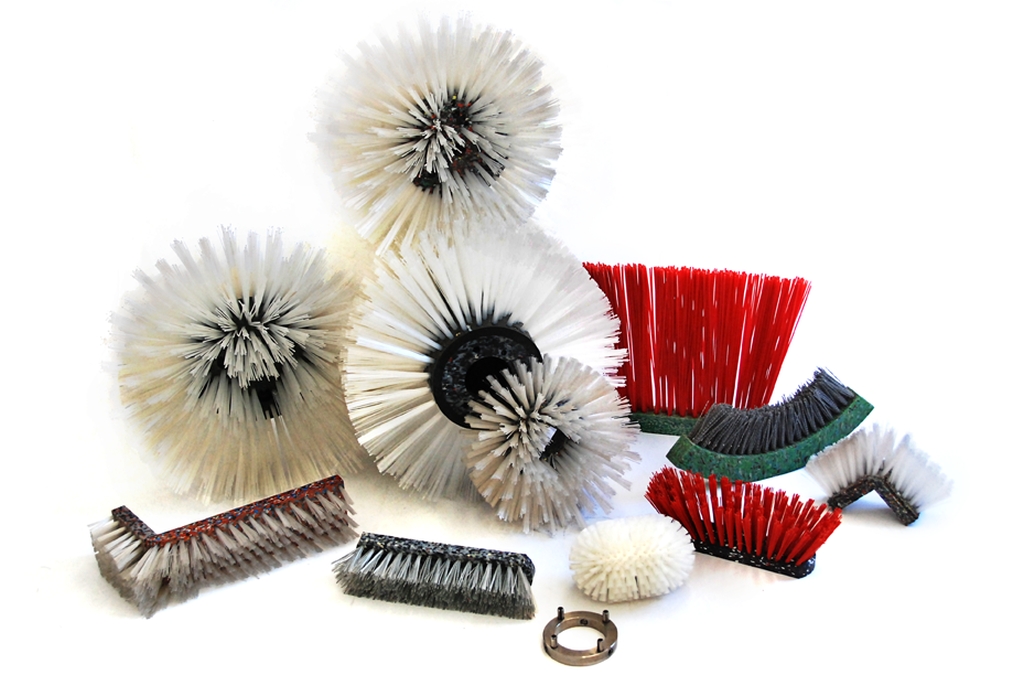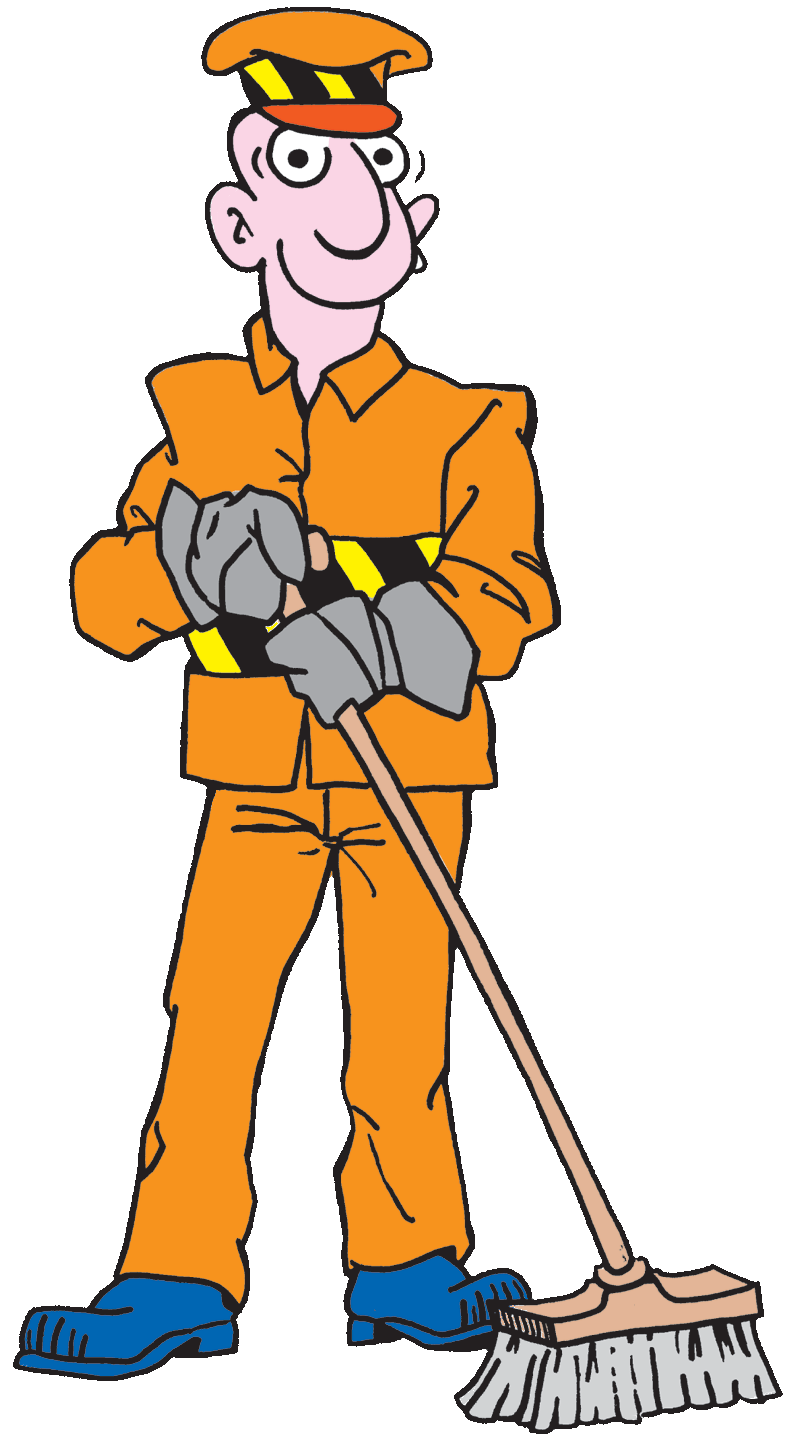Wastewater Treatment Brush Materials
Waste water treatment brushes consist of a plastic body with highly water resistant bristles designed for use in water.
Body for Wastewater Facility Brushes
Polypropylene (PP) / Polyethylene (PE)
Polypropylene or polyethylene tubes are used for the bodies of the brushes for sewage treatment plants.
Recycled Material
Recycled plastics are used for the bodies of mouldings and head brush bodies.
Bristles for Wastewater Facility Brushes
Waste water treatment brushes are specially designed for use in water. They are made of plastic or wire or a mixed filling.
Polyamide
The behaviour of polyamide bristles depends, among other things, on their crystalline structure and, in particular, on their water content. Polyamides react to moisture in the environment by reversibly absorbing or releasing water. Water absorption is highly dependent on the concentration of amide groups. In ambient air, PA 6 absorbs approximately 2.5-3.5% water, whereas PA 12 absorbs only about 0.2-0.5%.
Nylon (Nylon6)
Nylon should only be used in round brushes. Nylon becomes softer and less stiff in water.
Rilsan (Nylon6.12)
Rilsan fibres are at the forefront of synthetic fibres. They have a high abrasion capacity and enormous stiffness, which is maintained by very low water absorption. These fibres can therefore be used in all types of waste water treatment plant brushes, e.g. round brushes, head brushes, floor and side brushes and scrubbers.
Polyester (PETP)
Polyester is used as reinforcement in large diameter head brushes and as support bristles for machines without a support wheel.
Brasif
Brasif is a Rilsan fibre to which very hard fine particles (silicon carbides) are added. This fibre is used as a mixed filling with Rilsan for sewage treatment plant brushes used in scratched steel or concrete channels.
V2A-Welldraht
V2A corrugated wire is used in combination with Rilsan for stainless steel channels that are particularly difficult to clean. Damage to the channel is prevented by bristling with extra thin corrugated wire.
More about our sewage treatment plant brushes


